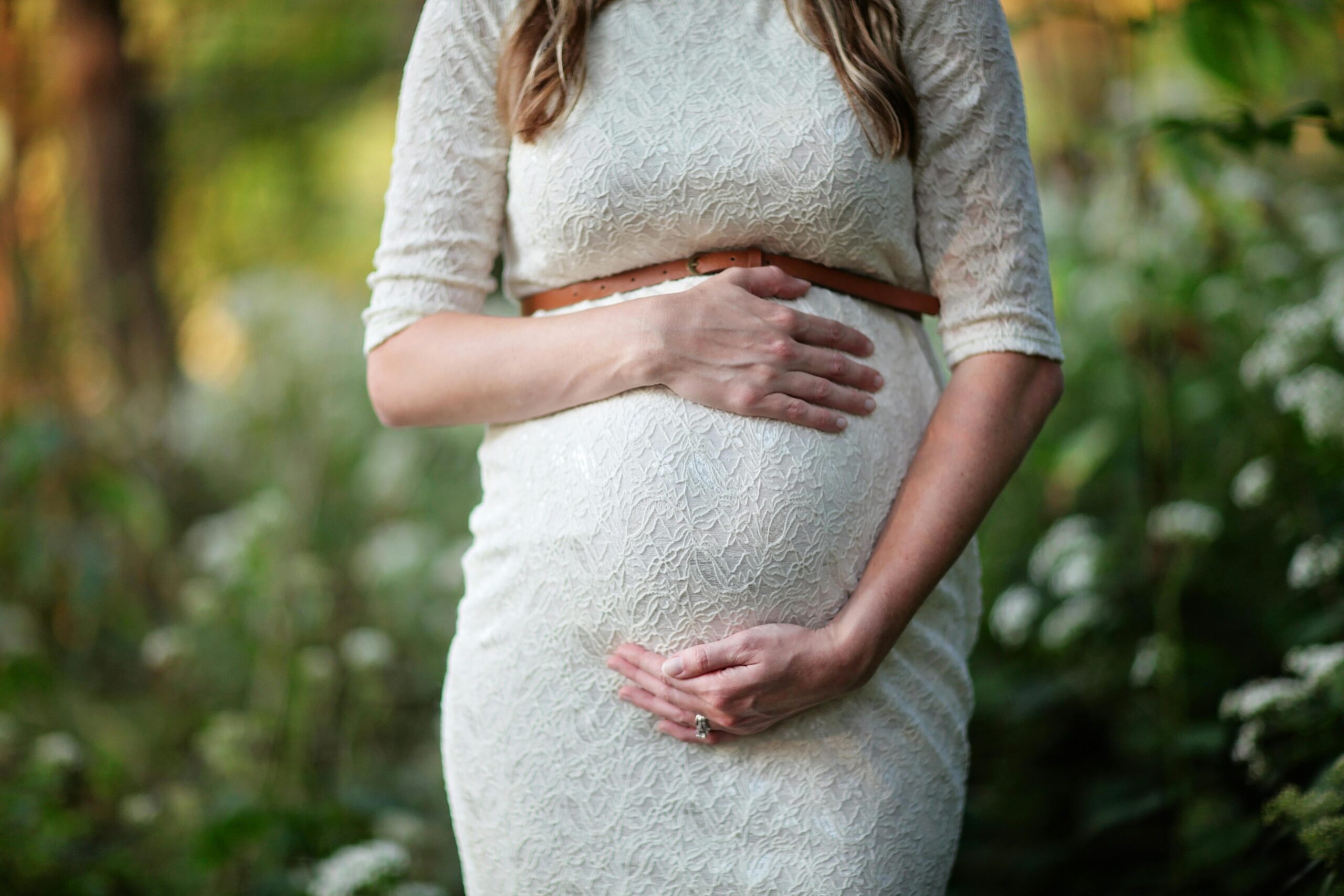The Intersection of Mental Health and Reproductive Health: Supporting Women Through All Stages
As a 36-year-old mother with chronic illness, I often find myself researching the intersection of mental and reproductive health, as chronic conditions can complicate both mental and reproductive well-being. My own journey into motherhood was lively—I had my daughter young when I was still figuring out who I was and what my future might look like. Now, many of my friends are struggling with infertility or making the difficult decision not to have children at all. What’s striking to me is how deeply intertwined reproductive health and mental health truly are, and how much support we all need in navigating these complexities, no matter what stage of the journey we’re in.
While my story of early motherhood may seem vastly different from the challenges my friends face today, the one thing I’ve come to realize is this: reproductive health affects all of us, and it touches our mental well-being in ways that can be hard to express or even understand.
Motherhood and Chronic Illness: A Complicated Intersection
For me, becoming a mother in my early twenties was both a gift and a challenge. I was still in the process of finding myself and figuring out who I wanted to be. I hadn’t anticipated that I would eventually develop chronic illness and how much these health struggles would affect my ability to be the mom I wanted to be. Chronic illness has a way of complicating even the most basic tasks—everything from getting out of bed in the morning to keeping up with my daughter. The constant battle with fatigue, pain, and unpredictability has made me question my worth as a mother on many occasions.
But through it all, I’ve learned that my value as a mom is not determined by how well I can “do it all.” It’s about the love I give, the moments of joy we create together, and the resilience we share as a family.
Yet, as I navigate the complexities of early motherhood and later developing chronic illness, I’ve also watched many of my friends face a completely different set of struggles—infertility, miscarriages, and the weight of deciding not to have children at all. And this is where the mental health aspect becomes even more crucial. Our reproductive health isn’t just about our bodies; it’s deeply connected to how we see ourselves, our identities, and our emotional well-being.
Infertility: The Hidden Grief
For many of my friends, infertility has become a painful, ongoing battle. The months or even years of trying, hoping, and facing disappointment can wear on someone’s mental health in ways that are difficult to articulate. It’s not just the frustration of the physical struggle to conceive, but also the emotional toll—the isolation, the sadness, and the grief of wanting something so deeply but feeling like it’s slipping out of reach.
Infertility brings up so many emotions—guilt, shame, anger, confusion, and even hopelessness. The sadness of not being able to have children can feel like a personal failure, especially when society has conditioned us to believe that having children is a natural, expected part of life. But it’s important to remember that infertility is not a reflection of your worth or ability as a person—it’s simply one of many challenges that women face in life, and it’s not something that can be overcome through sheer willpower alone.
It’s so crucial for women facing infertility to practice self-compassion during this difficult time. This isn’t about “getting over it” or pretending to be okay. It’s about acknowledging the pain, seeking support, and allowing yourself to grieve the future you imagined. And most importantly, it’s about giving yourself permission to feel what you feel, without guilt or shame.
Miscarriage: A Deep, Personal Grief
Miscarriage is another devastating experience that many women face in silence, myself included, having experienced a miscarriage before my daughter was born. For those who’ve experienced it, the grief can be overwhelming, especially when the loss is something you’ve dreamed of for months. The physical and emotional toll of miscarriage is real, and it can feel isolating. There’s a sense of loss not just for the baby, but for all the plans, hopes, and dreams you had for the future.
The mental health impact of miscarriage can’t be overstated. Many women experience feelings of inadequacy, guilt, and deep sadness. We may question our bodies, our choices, or wonder if we’ll ever be able to carry a child to term. I’ve seen friends struggle with these feelings, and it breaks my heart because I know how deeply this kind of grief can affect your mental health. The pressure to “move on” too quickly can make it harder to process the trauma fully.
If you’ve experienced a miscarriage, give yourself permission to grieve. There’s no timeline for healing, and no right or wrong way to mourn this loss. Reach out for support from friends, family, or a professional who can help you process the complex emotions and find a path to healing. And remember, your grief is valid, no matter how far along the pregnancy was or how other people may perceive your loss.
The Decision Not to Have Children: Challenging Societal Expectations
And then there’s the decision not to have children—a choice that many women are making today. Whether due to personal reasons, career choices, health concerns, or simply not feeling called to motherhood, more and more women are choosing to go child-free. Yet, even today, society often links a woman’s worth to her ability to have children. This can make it difficult for women who choose not to have children to feel validated in their decision.
As a single mother, I can relate to the pressure of feeling like your life needs to look a certain way to be “complete.” But the truth is, we each get to define what makes our lives complete. For some, it’s raising a family; for others, it’s pursuing career goals, traveling, or investing in relationships. And for those who are child-free by choice, it’s important to honor that decision and not let societal judgment make you second-guess yourself. The mental health toll of feeling like an outsider can be real, but that’s why it’s so important to find communities of like-minded women who support your decision.
Navigating These Challenges with Self-Compassion and Support
No matter where you fall on the reproductive health spectrum, whether you’re a mother dealing with chronic illness, facing infertility, recovering from a miscarriage, or choosing not to have children, one thing is clear: mental health and reproductive health are inextricably linked. It’s essential to take care of both.
Start by practicing self-compassion. Recognize that you are doing the best you can with the hand you’ve been dealt. If you’re struggling emotionally, know that it’s okay to not be okay. You are not defined by your struggles or the expectations of others. Your worth is inherent, and you deserve love, care, and understanding through all stages of your journey.
Professional support—whether through therapy, support groups, or other mental health resources—can make a huge difference in helping you navigate these challenges. No one should have to go through this alone. Find people who will listen, understand, and offer the empathy and support you need.
At the end of the day, our reproductive health is just one part of who we are, but it deeply affects how we feel about ourselves, our futures, and our identities. Whether we’re parenting through chronic illness, navigating infertility, or choosing to live a child-free life, we all deserve space to process, heal, and grow. And we deserve to be surrounded by women who uplift and support us through it all.
We are never alone in this journey.






